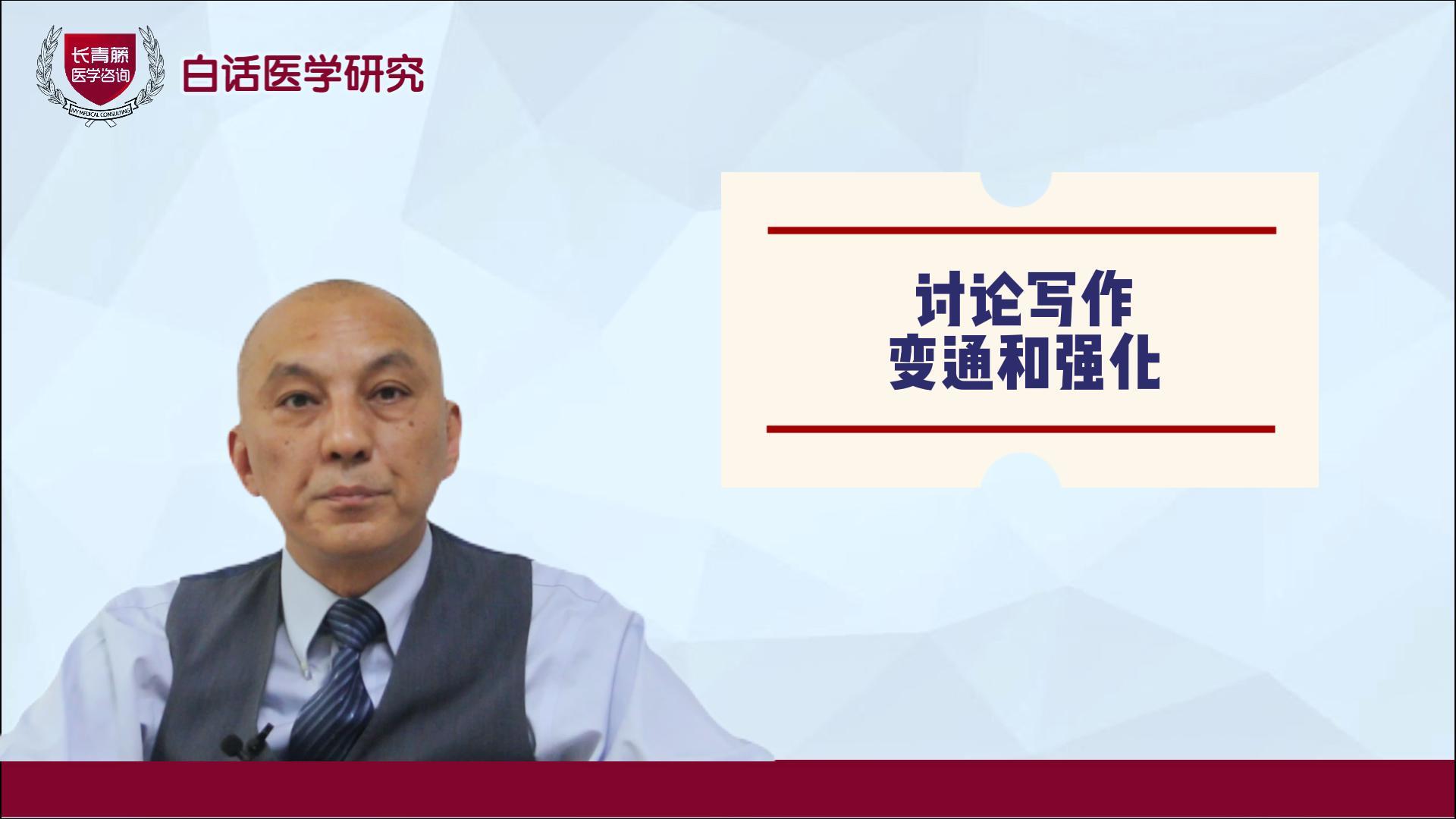2022-10-27


儿童肥胖正在以惊人的速度增长,根据国家中心的数据《卫生统计》和《国家卫生和营养》调查显示,在2-19岁的儿童和年轻人中,超重、肥胖和严重肥胖的患病率已经从10.2%上升,从1971-74年的5.2%和1.0%到16.1%,19.3%和
2017-18年度分别为6.1%儿童肥胖增加了心血管疾病等主要慢性疾病的风险。
数据结果显示2471名(12.4%)后代出现超重或肥胖,母亲在养育孩子期间的超加工食品消费与后代超重或肥胖有关,母亲超加工食品消费最高的一组(组5)比最低的一组(组1;相对危险度1.26,95%置信区间1.08 ~ 1.47,P为趋势和lt;0.001)。在有围产期饮食信息的亚样本中,虽然比例较高,但围产期超加工食品摄入与后代超重或肥胖风险增加无显著相关性(n=845 (28.9%);5组vs 1组:相对危险度1.17,95%置信区间0.89 ~ 1.53,P =0.07)。
研究表明母亲在养育子女期间食用超加工食品与后代超重或肥胖的风险增加有关,这与母亲和子女的生活方式风险因素无关。需要进一步的研究来证实这些发现,并了解潜在的生物机制和环境决定因素
Abstract
Objective: To assess whether maternal ultra-processed food intake during peripregnancy and during the child rearing period is associated with offspring risk of overweight or obesity during childhood and adolescence.
Design: Population based prospective cohort study.
Setting: The Nurses' Health Study II (NHSII) and the Growing Up Today Study (GUTS I and II) in the United States.
Participants: 19 958 mother-child (45% boys, aged 7-17 years at study enrollment) pairs with a median follow-up of 4 years (interquartile range 2-5 years) until age 18 or the onset of overweight or obesity, including a subsample of 2925 mother-child pairs with information on peripregnancy diet.
Main outcome measures: Multivariable adjusted, log binomial models with generalized estimating equations and an exchangeable correlation structure were used to account for correlations between siblings and to estimate the relative risk of offspring overweight or obesity defined by the International Obesity Task Force.
Results: 2471 (12.4%) offspring developed overweight or obesity in the full analytic cohort. After adjusting for established maternal risk factors and offspring's ultra-processed food intake, physical activity, and sedentary time, maternal consumption of ultra-processed foods during the child rearing period was associated with overweight or obesity in offspring, with a 26% higher risk in the group with the highest maternal ultra-processed food consumption (group 5) versus the lowest consumption group (group 1; relative risk 1.26, 95% confidence interval 1.08 to 1.47, P for trend<0.001). In the subsample with information on peripregnancy diet, while rates were higher, peripregnancy ultra-processed food intake was not significantly associated with an increased risk of offspring overweight or obesity (n=845 (28.9%); group 5 v group 1: relative risk 1.17, 95% confidence interval 0.89 to 1.53, P fortrend=0.07). These associations were not modified by age, sex, birth weight, and gestational age of offspring or maternal body weight.
Conclusions: Maternal consumption of ultra-processed food during the child rearing period was associated with an increased risk of overweight or obesity in offspring, independent of maternal and offspring lifestyle risk factors. Further study is needed to confirm these findings and to understand the underlying biological mechanisms and environmental determinants. These data support the importance of refining dietary recommendations and the development of programs to improve nutrition for women of reproductive age to promote offspring health.
文章连接:www.bmj.com/content/379/bmj-2022-071767.long
百度浏览 来源 : 医微客
版权声明:本网站所有注明来源“医微客”的文字、图片和音视频资料,版权均属于医微客所有,非经授权,任何媒体、网站或个人不得转载,授权转载时须注明来源:”医微客”。本网所有转载文章系出于传递更多信息之目的,且明确注明来源和作者,转载仅作观点分享,版权归原作者所有。不希望被转载的媒体或个人可与我们联系,我们将立即进行删除处理。 本站拥有对此声明的最终解释权。




发表评论
注册或登后即可发表评论
登录注册
全部评论(0)